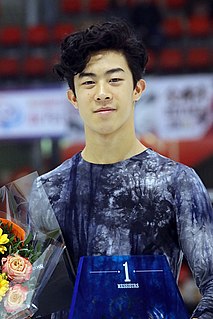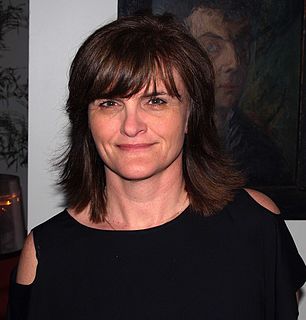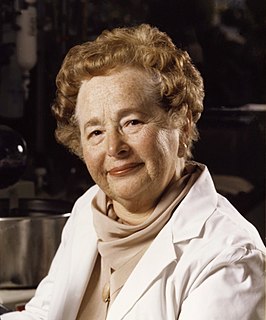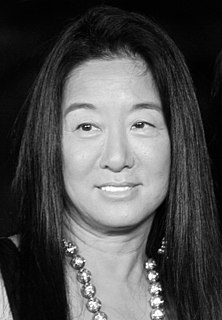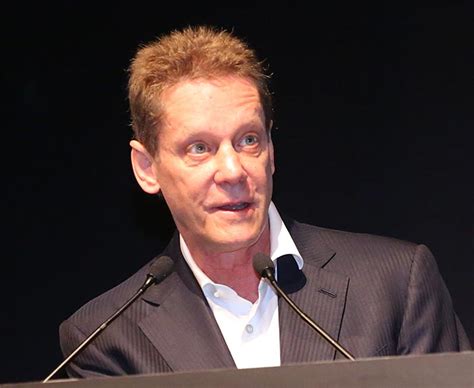A Quote by Tess Gerritsen
My father was second-generation Chinese-American, born in 1923 in California. My mother emigrated to the States from China when she was in her early twenties, in part to escape the political turmoil in China.
Related Quotes
I have an intense personal interest in making the use of American capital in the development of China an instrument for the promotion of the welfare of China, and an increase in her material prosperity without entanglements or creating embarrassment affecting the growth of her independent political power, and the preservation of her territorial integrity.
There are a lot of Chinese-American designers and Chinese designers who have had an impact a little bit on the American market, but I think it's going to be interesting to watch if, over time, somebody can emerge from China who is based in China, and whether they come and show in Paris, like Rei Kawakubo or Yohji Yamamoto did.
In 2006, I became the fist American to be allowed to go visit their astronaut center in China in Beijing. I think that it makes sense for the U.S. to work with China in the future and I hope to see, if the political atmosphere between the United States and China allow for us to do more cooperation together, especially in the area of human space flight. I think in the same way that it's help improve the relations between the U.S. and Russia; it would help to improve the relations between the U.S. and China.
The Chinese public is deeply nationalist, which matters to China's unelected political leadership as much as U.S. nationalism does to American politicians. As China becomes the world's largest economy, there is meaningful public pressure for its power status to advance in parallel. Any alternative would be humiliating.
China is not a superpower, nor will she ever seek to be one... If one day China should change her color and turn into a superpower, if she too should play the tyrant in the world, and everywhere subject others to her bullying, aggression and exploitation, the people of the world should identify her as social-imperialist, expose it, oppose it and work together with the Chinese people to overthrow it.
On the mission I brought a flag from China, I brought the stone sculpture from Hong Kong, and I brought a scroll from Taiwan. And what I wanted to do is, because as I was going up and I am this Chinese-American, I wanted to represent Chinese people from the major population centers around the world where there are a lot of Chinese people. And so, I wanted to bring something from each of those places and so it really wasn't a political thing and I hope people saw it that way. I was born here, I was raised in the U.S., and I'm an American first, but also very proud of my heritage.
I think China thinks information technology is less important than we think it is in the US, economically, and more important politically. And so Chinese internet companies are extremely political, they're protected behind the great firewall of China, and investment in Alibaba is good as long as Jack Ma stays in the good graces of the Chinese communist party. Alibaba is largely copying various business models from the US; they have combined some things in interesting new ways, but I think it's fundamentally a business that works because of the political protection you get in China.
My father emigrated from Lithuania to the United States at the age of 12. He received his higher education in New York City and graduated in 1914 from the New York University School of Dentistry. My mother came at the age of 14 from a part of Russia which, after the war, became Poland; she was only 19 when she was married to my father.
I think there's going to be a real push in the next two years in Asia - China and Korea specifically. And that's a huge undertaking. Ten years ago it was impossible to break into that part of the world. Some of the biggest companies in the world found it challenging. But I am Chinese-American and I think what we do will resonate in China. So that's where we see our biggest opportunities going forward. I do speak Mandarin and I also relate to the hunger that China has for culture and architecture and style.
I was born in Okinawa, but on a U.S. Army base. And my father is Japanese-American which means that he is second generation, but my mom was born in the Philippines and raised in Okinawa. So, how do you know where you are generationally from? I can claim all three legitimately, but I like to say that I am third generation American.


